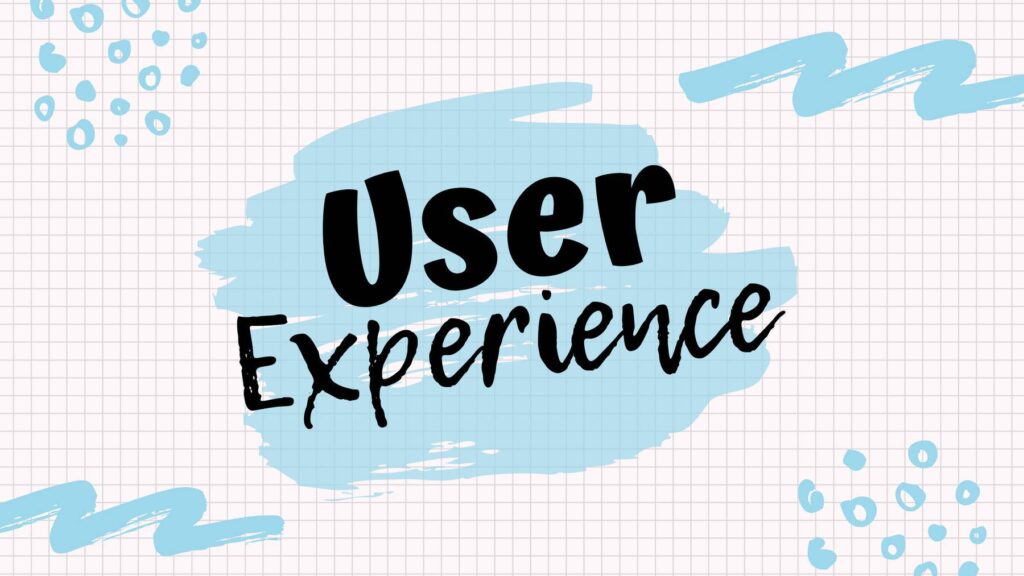
In an era where consumers increasingly turn to the internet to discover businesses, products, and services, SEO emerges as a vital strategy for establishing and growing your online presence.
Whether you run a neighbourhood coffee shop, a boutique store, or a professional service agency in your community, optimising your online visibility for searches can make a huge difference.
This introductory guide will walk you through the fundamental principles, the SEO services in NZ, and their insights into the strategies, tools, and best practices that will empower you to reach the right audience, when and wherever they need it.
We’ll explore the critical components of SEO while ensuring that your website is not just search engine-friendly but also user-friendly.
So let us dive into the world of SEO, where the digital meets businesses.
Fundamental Principles of SEO
The fundamental principles of SEO (Search Engine Optimisation) are the important concepts and practices that guide the optimisation of a website for better search engine rankings and visibility. Understanding and applying these principles is crucial in making your SEO strategy a success. Let us discuss some of the fundamental principles.
Quality Content:
Quality content is the backbone of SEO. It should be top-notch, relevant, and offer value to visitors, capturing the attention of search engines. The content should be well-crafted, informative, and aligned with the interests of the intended audience.
Keyword Research:

Effective SEO begins with comprehensive keyword research. This involves identifying the words and phrases that potential site visitors use when searching for information. These chosen keywords are strategically integrated into the content and meta tags.
On-Page Optimisation:
On-page optimisation focuses on refining each web page to make it more search engine-friendly and more visible. This includes fine-tuning meta titles, meta descriptions, headers, and URL structures, all while maintaining keyword relevance.
Off-Page Optimisation:
Off-page SEO revolves around enhancing a website’s authority and reputation beyond its pages. This includes securing high-quality backlinks from reputable sources, managing online reviews, and producing a positive online image.
Tecchnical SEO:
Technical SEO addresses the website’s technical aspects, ensuring it is easy for search engines to access and understand. It includes elements like site speed, mobile-friendliness, sitemaps, and site structure.
User-Experience:

Providing a satisfying user experience is an important aspect. Websites that load swiftly, are intuitive to navigate, and offer valuable content are more likely to achieve higher search rankings.
Mobile-Friendliness:
With more people using smartphones, having a mobile-friendly website is a must. Google gives priority to the mobile version of websites when it ranks and indexes them.
User Intent:
Understanding user intent is essential. Content should align with the purpose behind search queries, whether they are meant to inform, navigate, or transact, to provide the most relevant results.
Regular Updates and Monitoring:
SEO is an ongoing process. Regularly assess website performance using analytics tools and make necessary adjustments to accommodate changes in search engine algorithms and user behaviour
Social Media Impact:

While not a direct ranking factor, a strong social media presence and engagement can indirectly affect SEO. Sharing content across social platforms can enhance visibility and attract backlinks.
Content Promotion:
After generating high-quality content, promote it through various channels such as social media, email marketing, and online communities. This can enhance content visibility and expand its reach.
Strategic SEO Planning:
Develop a well-structured SEO strategy, which includes clearly defined objectives, systematic progress tracking, and data-driven decisions to continually enhance SEO efforts.
User Trust and Credibility:
Building trust with users is essential. This can be achieved through transparency, online reputation management, and delivering positive user experiences, ultimately contributing to higher search engine rankings.
Understanding and applying these fundamental principles of SEO is essential for creating a strong online presence, attracting organic traffic, and achieving better search engine rankings.
Let us now go through some of the tools that are used in the SEO services that are being provided for businesses.
Tools Used in Seo in NZ

- Google Search Console: Use Google Search Console to monitor how Google indexes your site, track search performance, and receive alerts about issues that affect your site’s presence in search results.
- Google Analytics: Analyse website traffic, user behaviour, and conversion rates with Google Analytics. It provides valuable insights into the effectiveness of your SEO strategies in NZ.
- Ahrefs: Ahrefs is a comprehensive SEO tool for competitor analysis, keyword research, backlink profiling, and site auditing.
- SEMrush: SEMrush offers competitive analysis, keyword research, backlink analysis, and on-page SEO recommendations that can be tailored to the NZ market.
- Yoast SEO (for WordPress): If your website is built on WordPress, Yoast SEO is a popular plugin that can assist with on-page SEO optimisation for NZ audiences.
- Screaming Frog SEO Spider: This tool crawls your website and provides valuable data on technical SEO issues, which is essential for on-site optimisation.
- Google Trends: Google Trends can help you identify trending topics and seasonal patterns in search queries specific to New Zealand.
- SEO Checkers: Tools like Whitespark’s Rank Tracker can help monitor your search rankings in NZ and provide insights for improvement.
Conclusion
In summary, when it comes to SEO, New Zealand presents a unique and dynamic SEO landscape that demands tailored strategies and tools to succeed They make sure your website is easy to use on mobile devices and focus on reaching the customers.
They also use the right tools to analyse and improve your SEO efforts. By understanding what works best for the New Zealand audience and keeping up with the latest trends, you’ll be well-equipped to succeed in the world of SEO in this region. Learn how to maximize your business potential with an SEO agency




